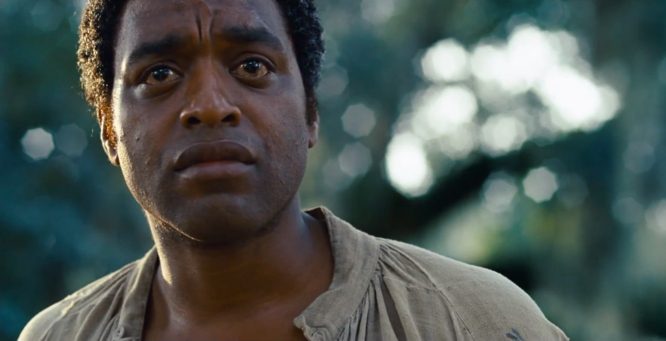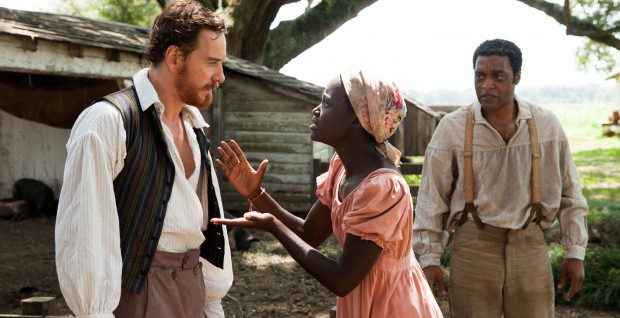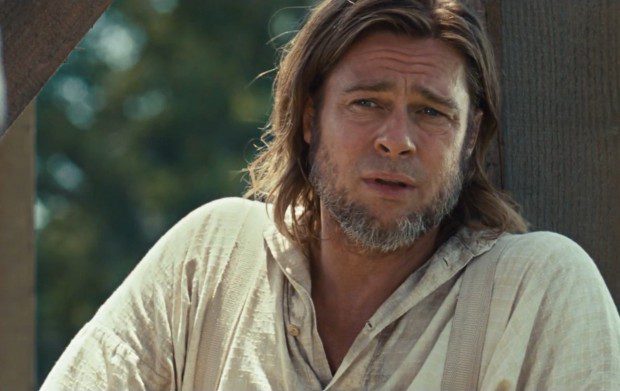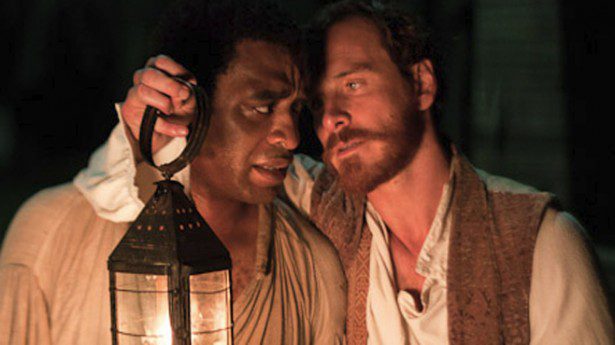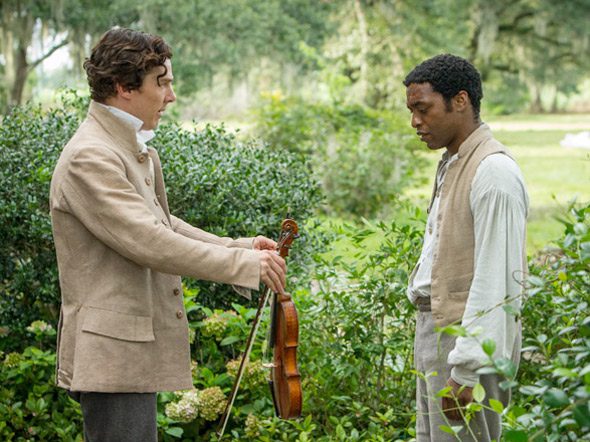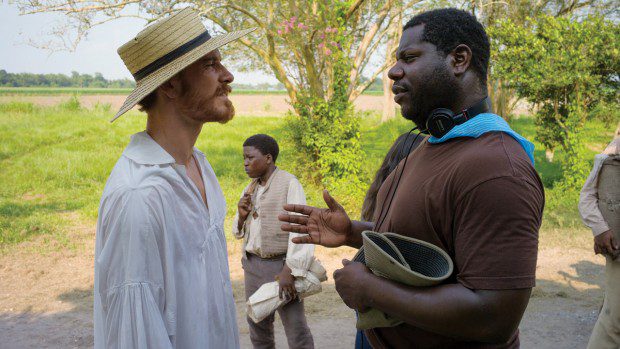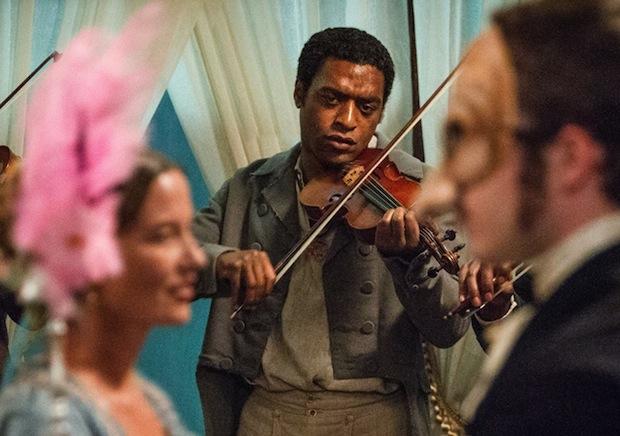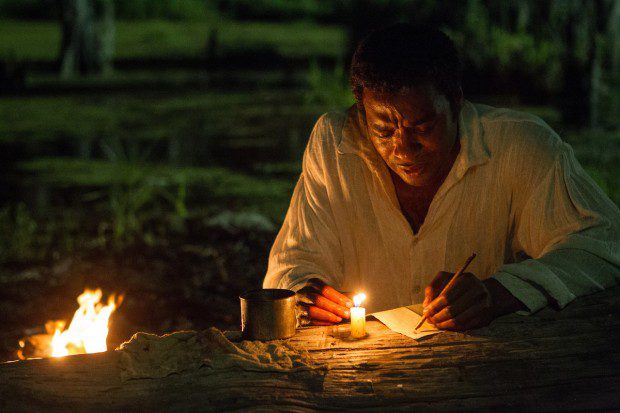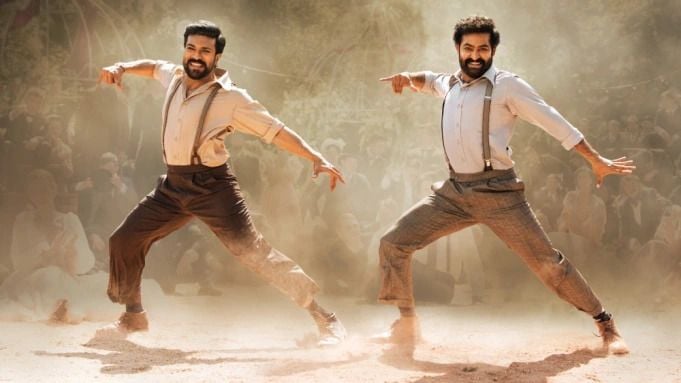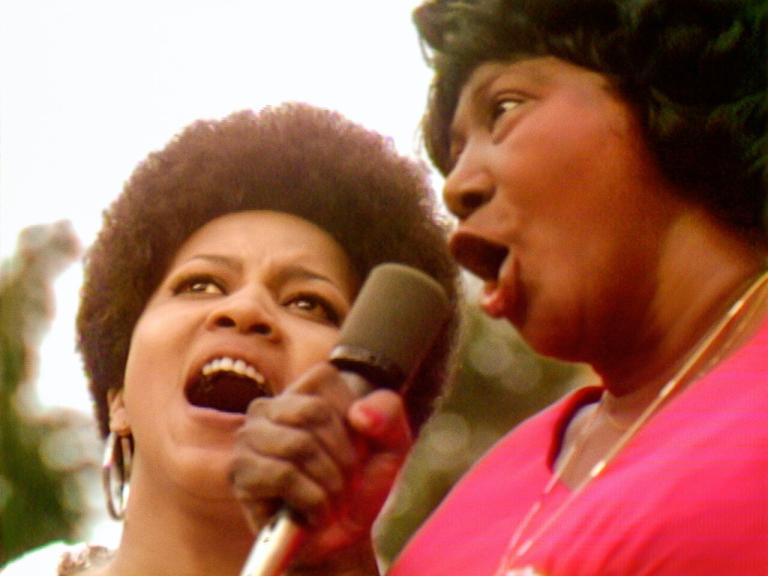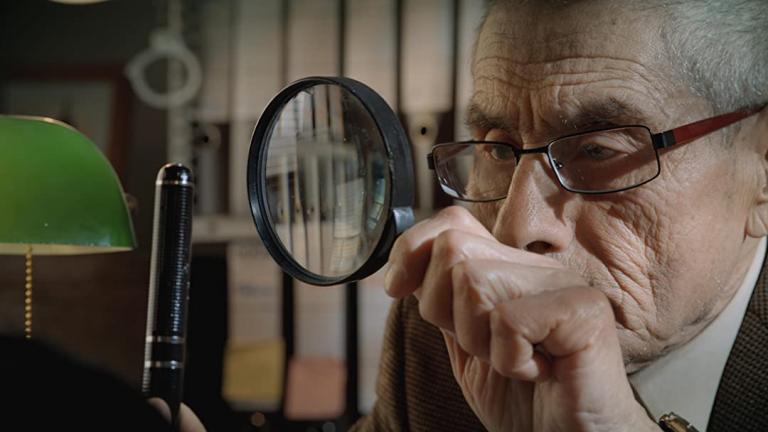How long can a movie stick with you? Some popcorn flicks are so forgettable; they fade before the credits end. Such temporary respites barely hold boredom at bay. The best films may carry over to Monday morning and become worthy of a water cooler conversation. In the month since I saw 12 Years a Slave, I have thought about it every single day. No particular social cues resurrected the torture, terror, and exploitation of others found in 12 Years. But the extended scenes of suffering are burned into my brain. It is so powerful it almost defies discussion (or at least, a casual conversation). The movie pinned me to my theater seat. I couldn’t move. I could barely breathe. And even thirty days on, words seem insufficient to try and describe the totality of this cinematic achievement.
I recognize that such unqualified praise for a project primes it for a backlash. Reviews laden with words like “harsh,” “brutal,” and “uncompromising” allow viewers to brace themselves for an onslaught. Yet, an unguarded attitude seems essential for getting inside Solomon Northup’s experience. This movie (and the Oscar for Best Actor) belongs to Chiwetel Ejiofor as Solomon, a musician prospering as a free man in New York State prior to his kidnapping. He carries the film on his back, moving from incredulity to confusion to terror to despair with equal grace and dignity. Ejiofor will be accompanied on the Academy’s red carpet by Michael Fassbender and newcomer Lupita Nyong’ofor their riveting portrayal of a slave master and victim locked in a decidedly downward spiral. We come to understand how smart people can get subjugated, how compassionate people can feel helpless, how educated people can lose their conscience.
Kudos to Brad Pitt for producing this instant classic and hiring rigorous director Steve McQueen. Pitt’s portrayal of a progressive Amish foreman is one of the only missteps in an otherwise all encompassing film. He seems too saintly and sane amidst so many contemptible Caucasians in the Old South. Maybe we’re supposed to believe in his abolitionist stances because his character’s from Canada. At a time when we are in deep national crisis over who we are becoming as a nation, 12 Years a Slave reminds us how egregious and barbaric our decision-making has been. We’ve justified far more than a government shut down. We’ve leaned upon the Bible to uphold exploitation, cruelty, and abuse.
As plantation owner Edwin Epps, Michael Fassbender demonstrates how seemingly God-fearing men wrapped their heads around their roles as torturers. We see his wife (Sarah Paulsen) sink to equal levels of mania and evil. Yes, they are tortured by their roles as slave owners. And we come to understand the complex emotions of pride and self-contempt that still haunt many white Southerners. History clings to us even when we want to escape or deny it.
Perhaps even tougher to process is the decent slave-owner “Ford” played by Benedict Cumberbatch. He has bought into the slave system, but must admit that his newly purchased property has a remarkable ability to plan and lead. Ford struggles to reconcile his faith and his practices. I’ve seen a similar disconnect in Christian leaders who continue to uphold policies and vote against the humanity of their gay sons and daughters. Dogma may persist despite evidence to the contrary. Ford ultimately acts in his own economic self-interest. He may be a nice owner, but he has bills to pay.
While Solomon endures countless indignities, so many other characters are subject to even greater abuse. The heartache that flows from a mother (permanently) separated from her children feels boundless. The physical and psychological torment hoisted upon a talented slave like Patsey explains why suicide seems so attractive. In her first feature, Kenyan actor Lupita Nyong’o holds the screen alongside Alfre Woodard with remarkable aplomb. How might an African woman make peace with her American oppressor? Patsey’s brains and beauty make her a target of jealous wrath. In an unbroken ten-minute take, we see how rage strips everyone of their humanity.
Director Steve McQueen’s previous features were also torturous. He chronicled Irish Republican Army bomber Bobby Sand’s hunger strike unto death in Hunger. McQueen made sex addiction look as deadly and joyless as possible in Shame. He is fascinated by how much our bodies can endure. His work is precise, bordering on the cold and clinical. Scenes are long, arduous, unadorned. McQueen dissects his subjects, wearing down his characters (and audiences) with relentless precision. So I expected 12 Years a Slave to be rigorous and demanding.
What I didn’t expect was the poetry, the brilliant mix of restraint and minimalism that produces such maximalist results. By allowing the camera to linger, painfully, upon his seemingly helpless characters, we grasp the desperation and despair that kept slavery so ensconced. By keeping the scenes quiet, the suffering almost silent, we so desperately long for relief. The music that provides Solomon’s source of support becomes an afflicter of ironic pain when slaves are made to dance and celebrate after a day’s hard labor. We come to understand how much passion animates the spirituals that accompany a funeral. The ecstatic sounds of gospel and soul music were forged via a high, human price.
The horrors in 12 Years a Slave creep up on us. We feel as lost and disoriented as Solomon. We also can’t believe such atrocities are occurring before us. Such banal indifference and inhumanity in the face of such obvious suffering is almost inconceivable to modern eyes. And yet, what kinds of contemporary atrocities do we tolerate and turn a blind eye towards? Human trafficking? Gun violence? 12 Years a Slave moves us from disbelief to introspection. We are used to seeing heroic gestures bring cinematic relief. But what if the situation just gets progressively worse? What if the suffering doesn’t get redeemed? What if cruelty, inhumanity, and perversion become a way of being? We understand how a person of such intelligence and resolve as Solomon Northup can gradually lose hope and take on the slave name and mentality of “Platt”. The sword and the whip seem mightier than the pen.
Following in the wake of a revenge fantasy like Django Unchained, 12 Years a Slave arrives as a sobering wake up call. Are we ready to revisit the harsh realities awakened by a television event like Roots? That was over thirty-five years ago—a generation (or two) removed from our current students. Steven Spielberg attempted to tap into the historic record found in connection with the Amistad. Lee Daniels revisited the Civil Rights era via The Butler. Jordan Black responded to her job portraying Martha Washington’s attendant at Mount Vernon with the painfully comedic web series, Ask a Slave. Even the museum at Monticello has staged a traveling exhibition on slavery at Thomas Jefferson’s plantation. Are we poised to discuss our national sin in a new way? These earlier efforts seem meek and mild compared to the searing intensity of 12 Years a Slave. Did we need an outsider to pull no punches in depicting our sordid history? Or did we need an insider, a Caribbean born descendent of slaves, to spell out just how bleak and devastating this scar upon human history remains? Steve McQueen combines an artisan’s craft with the passion of a survivor to forge the most harrowing film of the year. We could never call 12 Years a Slave entertaining, but it is absolutely essential.

